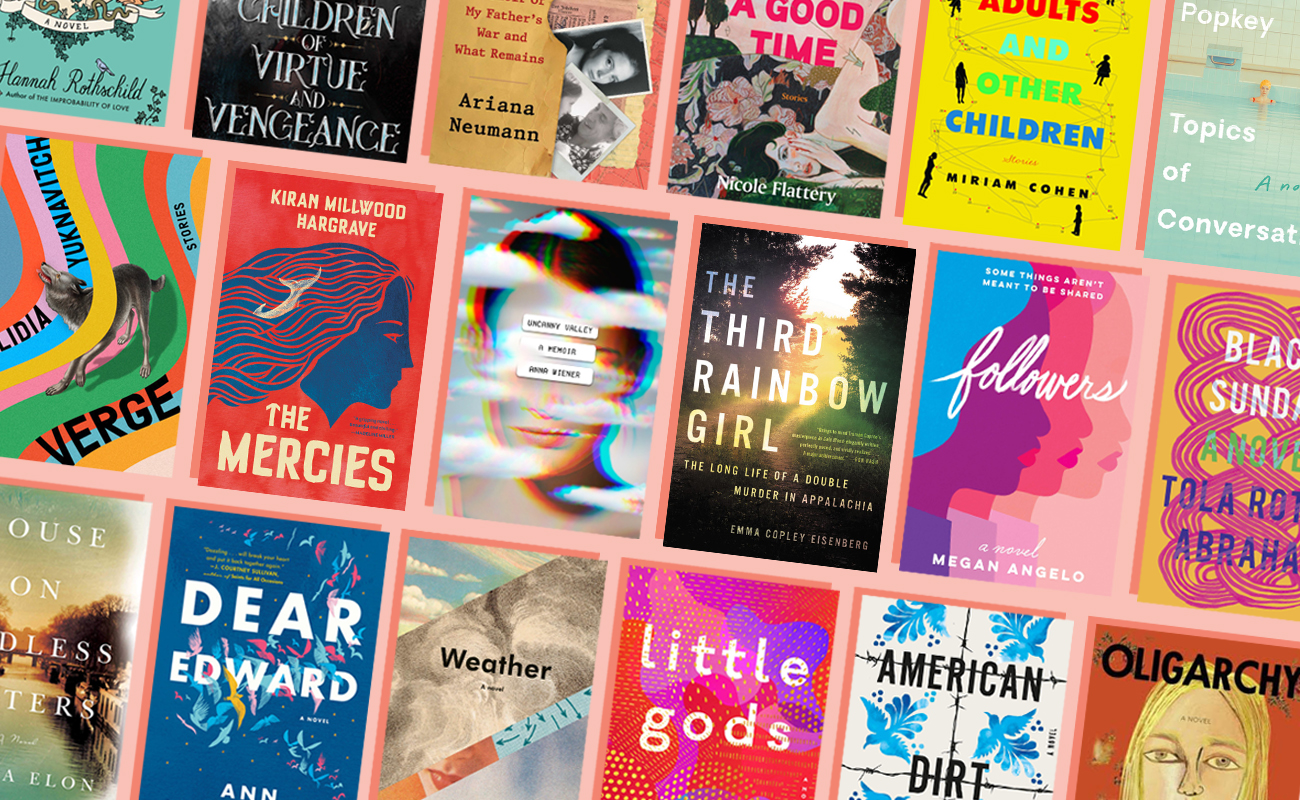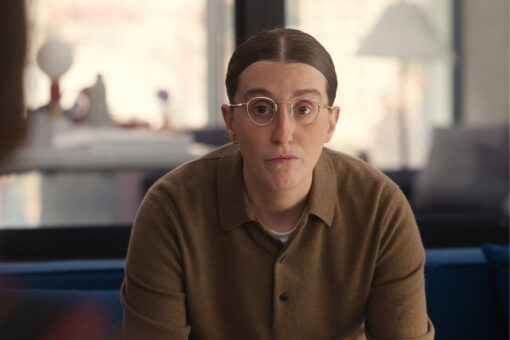Hello, winter books! I may say this about every season, but winter reading is actually the best. As I wrote in last year’s winter book preview, winter is the best time of year to sink your teeth into a great story. And there are great stories aplenty coming out this December, January, and February. (If you want books that have already come out — especially if you’re the type of person who requests or gives books for Hanukkah — may we suggest our fall or summer reading lists?)
There’s something for everything on our list of 23 books — from true crime to historical feminist fiction to powerful memoirs. Here’s what we’re looking forward to:
1. The Third Rainbow Girl: The Long Life of a Double Murder in Appalachia by Emma Copley Eisenberg (January)
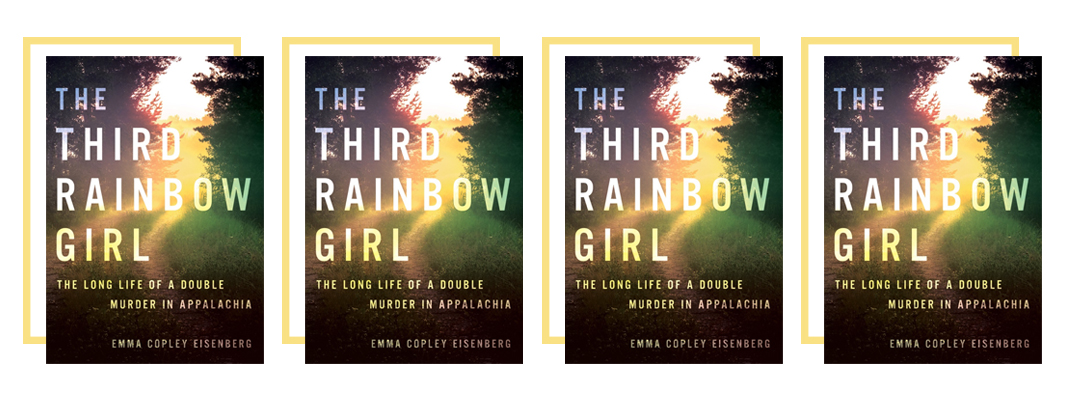
Emma Copley Eisenberg’s debut book is a true crime story about the murder of two young women in West Virginia in 1980. Dubbed the “Rainbow Murders,” since the women were on their way to a festival known as the Rainbow Gathering, the crime went un-prosecuted for 13 years. In 1993, a local resident was tried and convinced for the murders, only to be released when a white supremacist serial killer admitted to them. But The Third Rainbow Girl isn’t simply the story of the Rainbow Murders, but also of Eisenberg’s time spent living and working in Pocahontas County, West Virginia (where the murders took place).
As Eisenberg (an Alma contributor! Hello!) writes in the acknowledgements, “To write a book that is the story of events so painful to so many at the same time that is the story of my becoming was at times a strange and terrible undertaking.” The book beautifully interweaves the telling of the crime, the history of the region, and nuanced analysis of gender, class, and violence in rural America — plus reflections on Eisenberg’s own time spent there. You won’t want to miss it.
Read if you’re into: True crime! Get it here.
2. The Mercies by Kiran Millwood Hargrave (February)
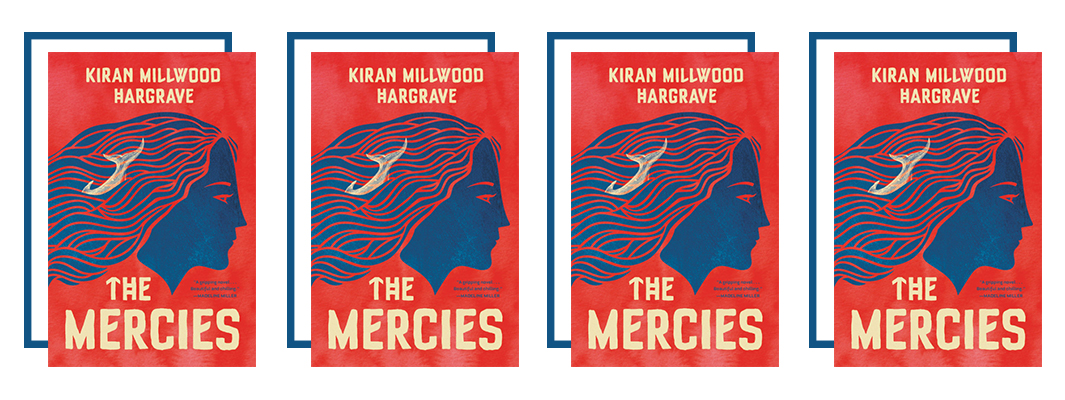
The Mercies is the story of women surviving in an Arctic Norwegian town at the start of the 17th century. In 1617, nearly all the men in Vardø, Norway are killed in a terrible storm. The women are left to fend for themselves, and eventually, start taking on the tasks of the men (fishing, butchering, etc.). They live in relative peace until 1620, when Absalom Cornet, a Scottish man appointed commissioner, arrives with his new wife, Ursa. Absalom is sure something sinister is going on, and immediately suspects witchcraft. The novel is told alternating from the perspective of Maren, a young woman from Vardø whose sister-in-law is from the indigenous Sámi people, and Ursa, the commissioner’s wife who is drawn to Maren. The Mercies is rooted in historical truths — the Vardø witch trials really did occur, as did the persecution of the indigenous Sámi people — and Millwood Hargrave beautifully brings the story to life.
Read if you’re into: feminist stories, history, and stories set at “the edge of civilization.” Get it here.
3. Uncanny Valley by Anna Wiener (January)
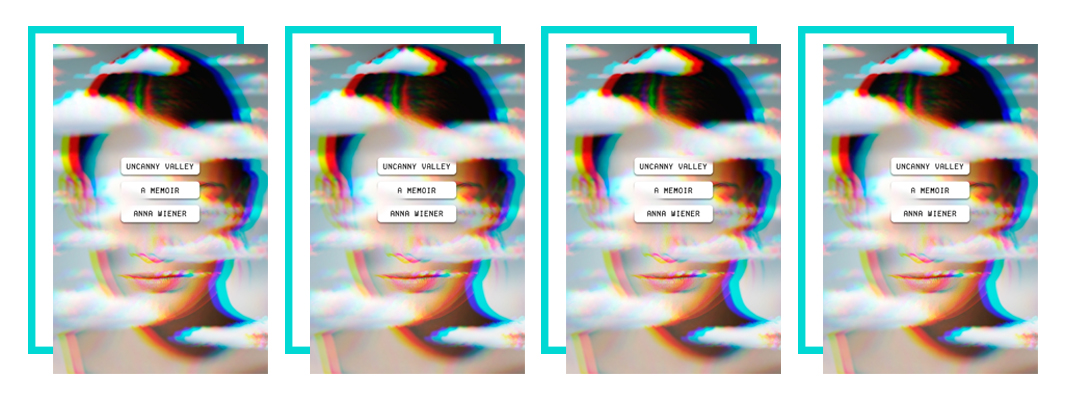
I honestly didn’t know what to expect when I started Anna Wiener’s memoir, Uncanny Valley, which I knew was vaguely about being a woman in Silicon Valley. But since I finished, I cannot stop thinking about it. Uncanny Valley is so much more than just Anna’s experience working in the tech world; it’s a searing indictment of start-up culture, “tech bros,” and honestly, the entire tech industry.
She writes candidly about her experience as a Jewish woman; at one point, one of her coworkers tells her he loves “dating Jewish women” because they are so “sensual.” Her response, she writes: “What did he want me to say, I wondered—thanks? Jewish people really value education, I mumbled.” She also talks about being unsure of reporting workplace harassment — she feels guilty even bringing it up.
Even if you don’t know anyone who works in Silicon Valley, you need to read this. Everyone needs to read this!!
Read if you’re into: Silicon Valley, memoirs, thinking about the role of technology in our world. Get it here.
4. American Dirt by Jeanine Cummins (January)
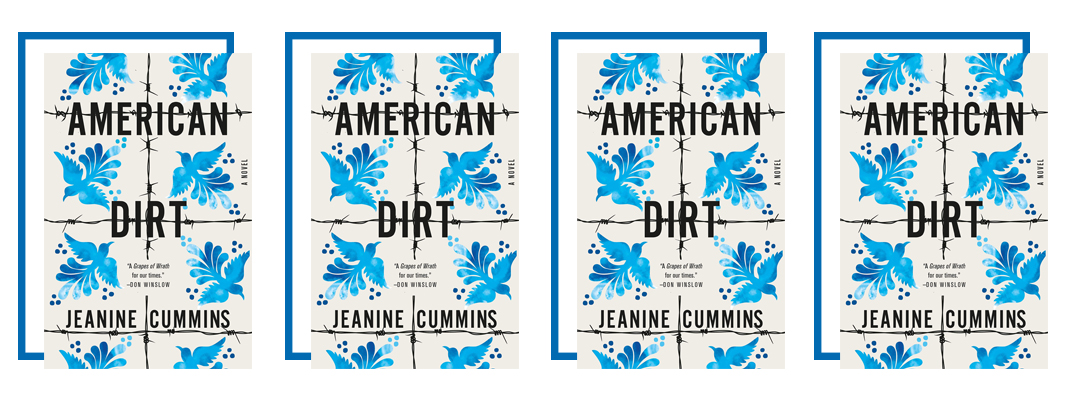
At the start of American Dirt, Lydia and her son, Luca, have stepped inside her mother’s house in Acapulco, Mexico, when suddenly, tragedy strikes. Their entire family — 16 people — are murdered by a cartel, and they miraculously survive and are forced to flee to el norte. (You can read the start of the book here.) If this sounds brutal: it is. Yet, Jeanine Cummins tells their story with deep care. The novel follows their journey northward. Lydia, a bookseller, never expected they would become migrants. And while the story is focused on Lydia and Luca, it’s also the story of the hardships migrants face in journeying northward. The stories of two sisters who fall in with them struck me particularly as such a vivid face of the sexual violence that women are subjected to as they are fleeing awful terrors.
Read if you’re into: books everyone is going to be talking about. Seriously! Don’t miss this. Get it here.
5. Apeirogon by Colum McCann (February)
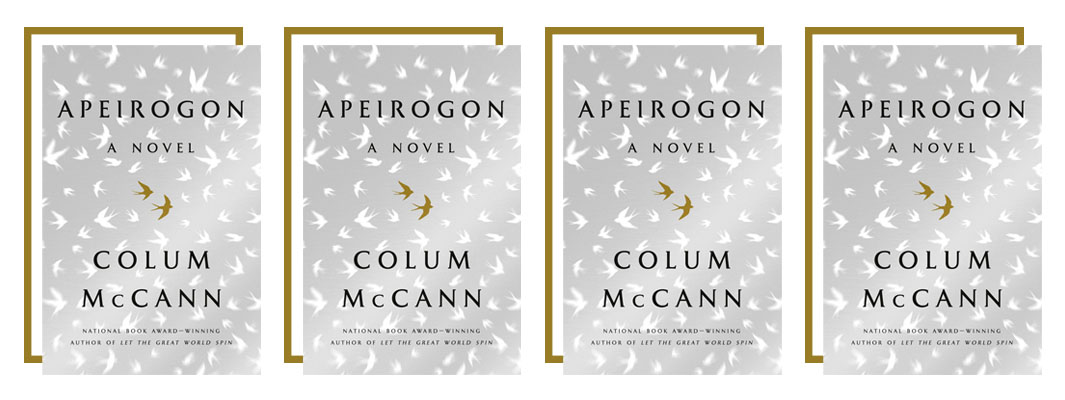
Irish writer Colum McCann travels far from his home for his newest novel, Apeirogon, named for a shape with an infinite number of sides. In Apeirogon, McCann tells the story of two fathers who lose their daughters: Rami, an Israeli, and Bassam, a Palestinian. Rami and Bassam are both real men — Rami Elhanan and Bassam Aramin — who have made it their life’s mission to bring peace. (“The bottom line is that this conflict is not worth the life of one more child. The only way forward is to talk to one another, to understand one another’s point of view – and to make concessions,” Rami explained.) McCann met the men on a tour of Israel and Palestine, and was compelled to share their story.
His version is a fictionalized retelling of their lives, yet the core details remain the same. There’s no chapters, only numbered sections; some are paragraphs, some are only one line or one photograph. It’s not a linear narrative — it goes back and forth through their stories, through history, on tangents that you think are unrelated — but you won’t be able to put it down.
Read if you’re into: stories about Israel and Palestine. Get it here.
6. House of Trelwaney by Hannah Rothschild (February)
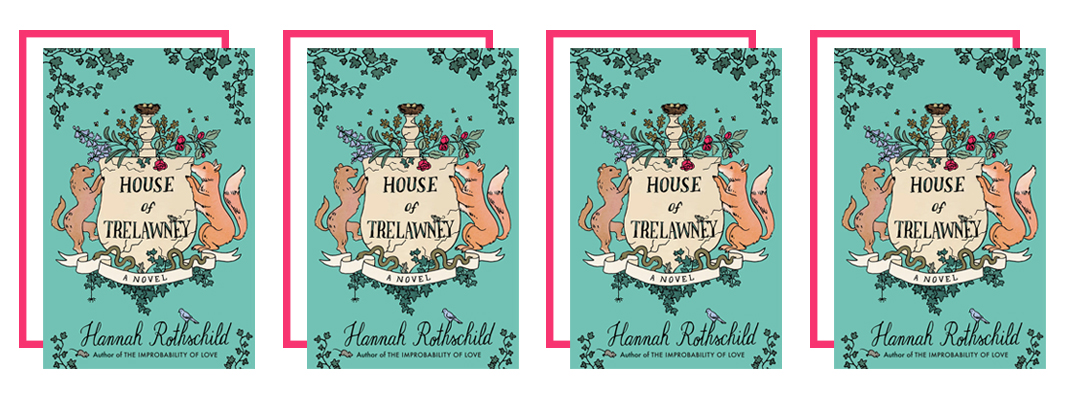
Hannah Rothschild is from that British Rothschild family. You know, the Jewish one that’s the source of a bajillion anti-Semitic conspiracy theories. Her father, Jacob Rothschild, is an investment banker and the great-grandson son of Nathan Rothschild. Why is this relevant for our blurb about her new novel, House of Trelwaney? Well, it’s hard to ignore Hannah’s family history as you read — and that’s what makes it interesting. The story follows a dysfunctional family of British aristocrats during the stock market crash in 2008. I won’t give too much of the plot away — but it’s an inside look at bankers, the British wealthy, and the dysfunction in their families. And yes, it’s fiction but it’s 👀 in all the best ways.
Read if you’re into: recent historical fiction (is 2008 history? yikes!!), British drama, family sagas. Get it here.
7. Weather by Jenny Offill (February)
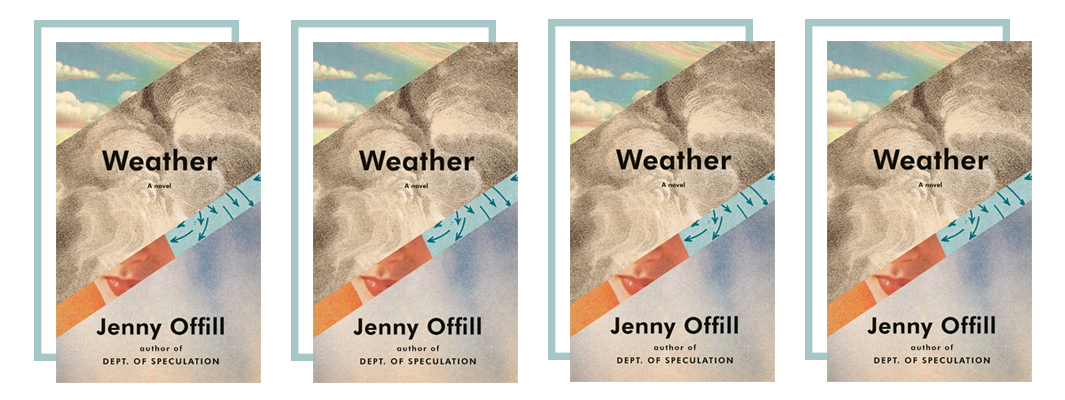
I sat down and didn’t look up until I finished Weather. I’m serious. And while the quickness of reading a book shouldn’t be any indication of how good it is: I was so absorbed. Jenny Ofill’s newest novel follows the story of Lizzie, a librarian, who used to be a graduate student until she dropped out to care for her brother who was struggling with addiction. Lizzie’s old mentor, Sylvia, asks her to help with the mail she gets in response to her climate change podcast, “Hell and High Water.” Soon, Lizzie is spiraling into a doomed attitude regarding climate change, and her answers get more and more cynical. It’s set in the lead-up, and the aftermath, of the 2016 elections, and written in Offill’s signature lyrical prose. Her husband, Ben, is Jewish, and after the elections, we learn “Ben looks into the Israel thing; I look into the idea of true north.” All-in-all: a depressing read about climate change, but a deeply necessary one. As one editor, Katie Adams, tweeted regarding Weather, “She will not make you feel safe. She will make you feel less alone.” Amen.
Read if you’re into: thinking about the future, compulsively readable stories. Get it here.
8. House on Endless Waters by Emuna Elon (trans. Anthony Berris & Linda Yechiel) (January)

In House on Endless Waters, fictional Israeli author Yoel Blum travels to Amsterdam, reluctantly, to meet with his Dutch publisher. Yoel was born in Amsterdam, but fled to Israel with his family when he was just a baby. So, when he returns, he visits the Jewish Museum. Much to his surprise, he recognizes his parents in a video reel showing pre-war Jewish life. He sees his sister, and an infant — not him — that he doesn’t recognize. (Gasp!) Yoel sets out to understand his family’s history, who this baby was, and why his mother has been silent for so long.
Read if you’re into: Israeli fiction, family mysteries, and historical fiction. Get it here.
9. A Long Petal of the Sea by Isabel Allende (January)
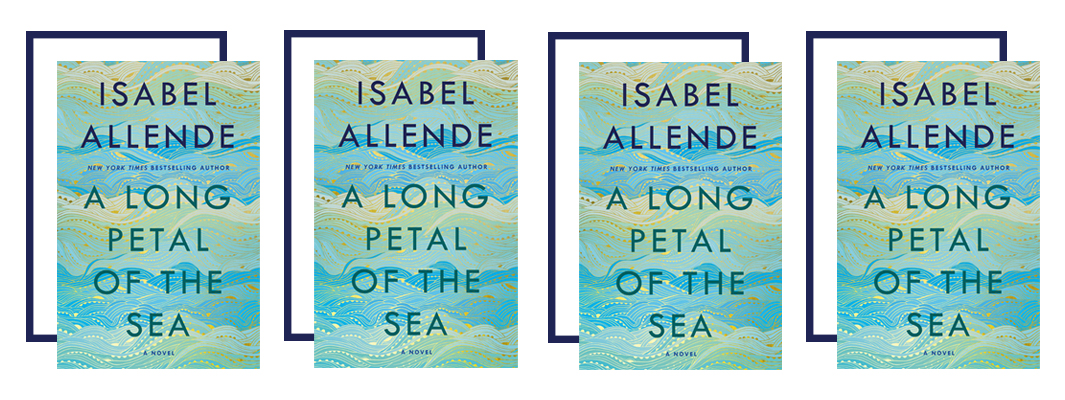
Chilean writer Isabel Allende is back with her 20th (!) work of fiction, an epic historical novel that is set during the Spanish Civil War in the late 1930s. The story follows Roser, a pregnant young widow, and her brother-in-law Victor, an army doctor. In order to survive — and flee fascist Spain — they marry and join thousands of refugees on the SS Winnipeg. The boat — which is real, it sailed from Spain to Chile — was chartered by the poet Pablo Neruda. A Long Petal of the Sea tells the story of Roser and Victor as they try to build a new life in Latin America as their home country descends into war.
Read if you’re into: Isabel Allende, obvs. Get it here.
10. Little Gods by Meng Jin (January)

Little Gods is the story of Liya, a 17-year-old who returns to China with her mother’s ashes. Her mother, Su Lan, gave birth to her on the night of the 1989 Tiananmen Square Massacre. When Su Lan dies unexpectedly, Liya returns to China to try and understand her past and find her biological father. The story is told through three perspectives: Liya’s, her mother’s last friend in China, Zhu Wen, and Yongzong, the father she never met. It jumps between time frames — from Su Lan’s past to Liya’s present – and as you read, you are working to understand what really happened between Su Lan and Yongzong. There’s also a whole subplot about Su Yan’s work in theoretical physics, but Meng Jin does an expert job of breaking it down for those of us who are not science-minded.
Read if you’re into: family stories, mother-daughter relationships, mysteries. Get it here.
11. When Time Stopped: A Memoir of My Father, Survival, and What Remains by Ariana Neumann (February)
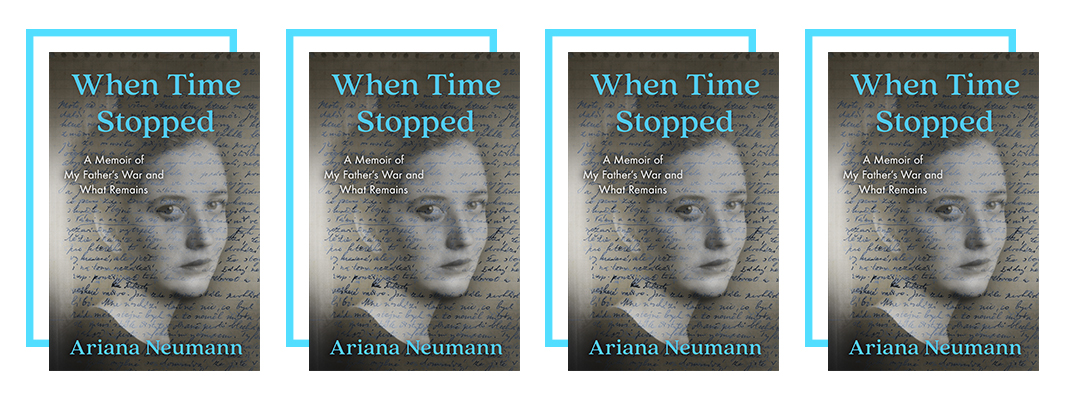
Ariana Neumann was born and raised in Venezuela. Her father, Hans, somehow escaped German-occupied Europe — of the 34 Neumann family members, 25 were murdered by the Nazis. Growing up, Ariana did not know anything about her dad’s past. After he dies, he leaves her a box filled with mementos (see this Instagram, a beautiful photo of everything she found); it takes her 10 years to get them translated so she can finally read them. When she does, she sets off to understand her father’s family and history. It reads like a detective novel at points, even though you (kinda) know the outcome.
Read if you’re into: books that begin with maps and family trees, memoirs, Jewish stories. Get it here.
12. Followers by Megan Angelo (January)
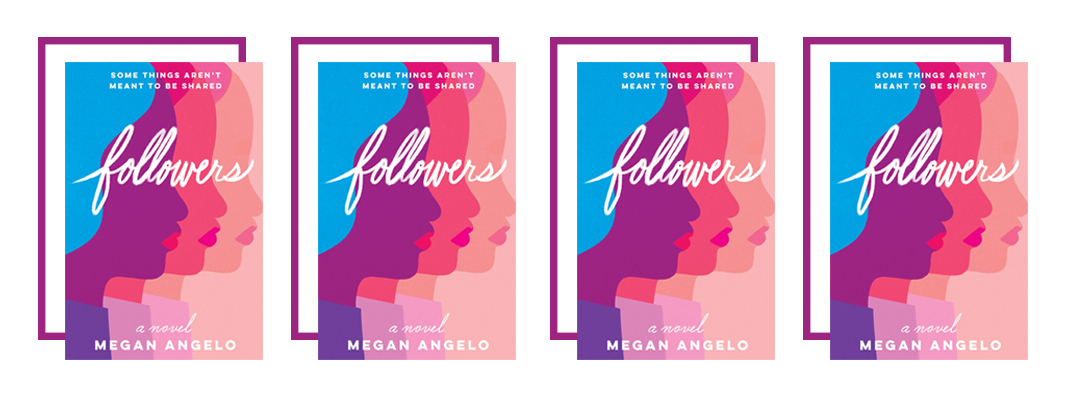
Abbi Jacobson wrote, “If anyone is going to explore a future version of our high-tech, internet-obsessed culture, please let it be Megan Angelo. Followers is pure gold.” If that doesn’t want to make you immediately go read this, maybe you are reading the wrong site!! And yes, Followers lives up to Abbi’s blurb. It begins with two epigraphs: a quote from Friedrich Nietzsche, and another from Kylie Jenner. Followers is set in two timelines: New York in 2015, and in 2051 in a California community where people live their entire lives on camera for followers. The 2015 storyline follows a woman named Orla who works for a site called “Lady-ish,” who teams up with an influencer wannabe Floss to help get her famous. The 2051 storyline follows Marlow, a woman who lives her every moment on camera. I won’t spoil any more, because you should really just read the story for yourself. Followers is a fascinating dive into our influencer-obsessed culture. Don’t you love it when a dystopia feels just a little too real?
Read if you’re into: Books Abbi Jacobson recommends (lol we kid). But really: thinking about influencer culture, the internet, and where our society is headed. Get it here.
13. Black Sunday by Tola Rotimi Abraham (February)

Tola Rotimi Abraham’s debut novel follows four siblings who live in Lagos, Nigeria. The story begins with the line, “There were many easy ways to be a stupid girl in Lagos. We were not stupid girls. We were bright with borrowed wisdom.” This sets the tone for Black Sunday, which follows twins Bibike and Ariyike and their younger brothers Peter and Andrew. When their mother loses her job, the family gets scammed by a get-rich-quick scheme in a church, and their parents’ marriage falls apart. The four children are sent to live with their grandmother, and Black Sunday follows them as they grow up. To provide for their family, Ariyike gets involved in a church, and Bibike works in the secular world; the brothers are sent to boarding school. The story is told through all four perspectives, alternating as time goes on. I adore stories that are set in places I’ve never been (so: anywhere but New York, lol), and Abraham’s evocative writing made it feel like I was in Lagos with the siblings. As Publisher’s Weekly wrote, “Abraham mightily captures a sense of the stresses of daily life in a family, city, and culture that always seems on the edge of self-destruction.”
Read if you’re into: Stories that span years, family sagas. Get it here.
14. Strung Out: One Last Hit and Other Lies That Nearly Killed By by Erin Khar (February)
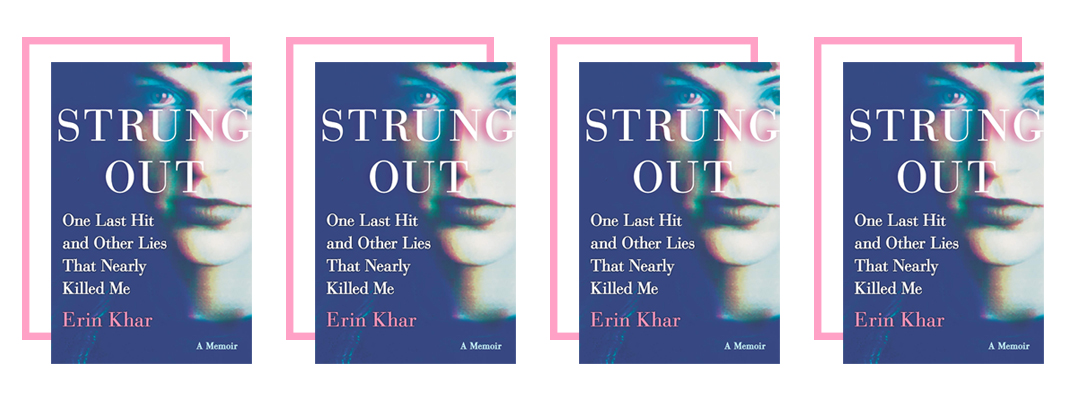
Erin Khar started using heroin when she was 13 years old. Strung Out tells the story of her 15-year struggle to get clean and fight for her life. Khar, a Jewish writer who contributed an essay to the Burn It Down anthology, does not hold back. Khar explained, “There were very few books about drug addiction written by women, and I didn’t find any of them. I want my book to give people hope and to reduce the stigma around speaking about drug addiction. I wrote Strung Out because it was the book I needed when I was younger.” However, even if you are not someone who has struggled with addiction, Khar’s memoir is not to be missed. It’s a powerful story that points to larger issues in American culture about the opioid crisis and the stigma and shame around drug use. Publisher’s Weekly called it “heartbreaking yet heartwarming” and that is honestly the perfect description.
Read if you’re into: stories of addiction and recovery, memoir. Get it here.
15. Oligarchy by Scarlett Thomas (January)

Natasha, who just discovered she is the daughter of a Russian oligarch, is sent off to an English boarding school. At the all-girls school, she discovers a world of privilege and pressure. The pressure is not focused on academics — but body image. There’s a toxic obsession with the thinness of the girls, leading to eating disorders. Advertised as “The Prime of Miss Jean Brodie for the digital age,” Oligarchy is a very dark look into what it’s like being a teenage girl in a world of Instagram. As Publisher’s Weekly wrote, “Thomas’s depiction of the image-driven hive mind that dictates adolescent girls’ relationships is spot-on, and the girls get thinner and thinner, especially as they receive the tacit approval of the creepy headmaster Dr. Moone, who seems to favor the skinniest girls.” (Quick note, however: If you’re in recovery from an eating disorder, this book is probably not for you.) There’s a mystery that runs throughout the story, and it comes to a satisfying (if depressing) conclusion.
Read if you’re into: dark humor, teenage girlhood, observational fiction. Get it here.
16. Dear Edward by Ann Napolitano (January)
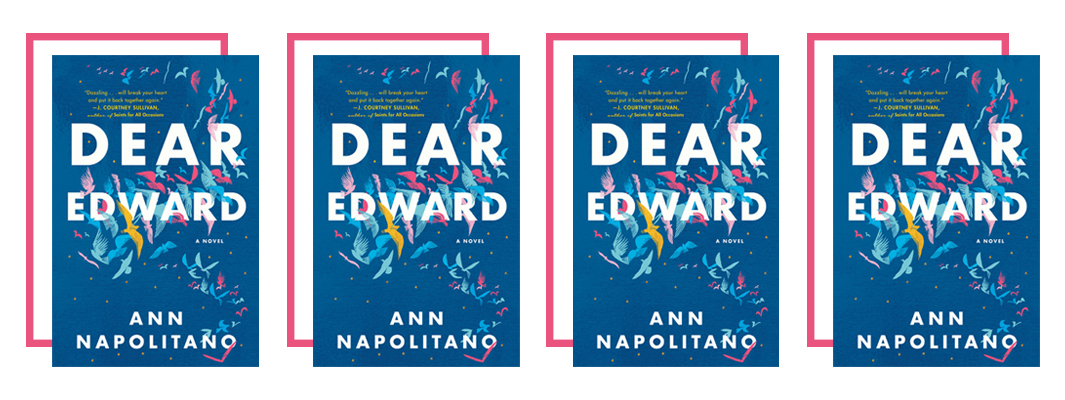
What happens when a plane crashes and a young boy is the only survivor? That is the question Ann Napolitano sets out to answer in her latest novel. Based on a true story (from 2010, when this really happened in Libya), Napolitano changes the place from Libya to America, and centers the story on an interfaith family, the Adlers (the dad is Jewish; he “offers up a Jewish-atheist prayer of gratitude” when he doesn’t have a migraine at the start of the flight). Dear Edward is told in alternating timelines — the first, of the plane ride, and the second, of the aftermath. You know the crash is coming, which makes the first timeline (the plane ride) difficult to read. It’s the type of book where if you’re a crier, you will cry. And while yes, it’s about a plane crash, it’s also really about the aftermath of a traumatic event. In the second chapter, Edward (the titular Edward, the 12-year-old boy who survives) is released from the hospital and his only living blood relative, his aunt, tells him, “I hated when the nurses told you that you were going to be okay. You’re not okay. Do you hear me, Edward? Are you listening? You are not okay. We are not okay. This is not okay.”
Read if you’re into: books that will make you cry. But also believe in humanity. Get it here.
17. Children of Virtue and Vengeance by Tomi Adeyemi (December)
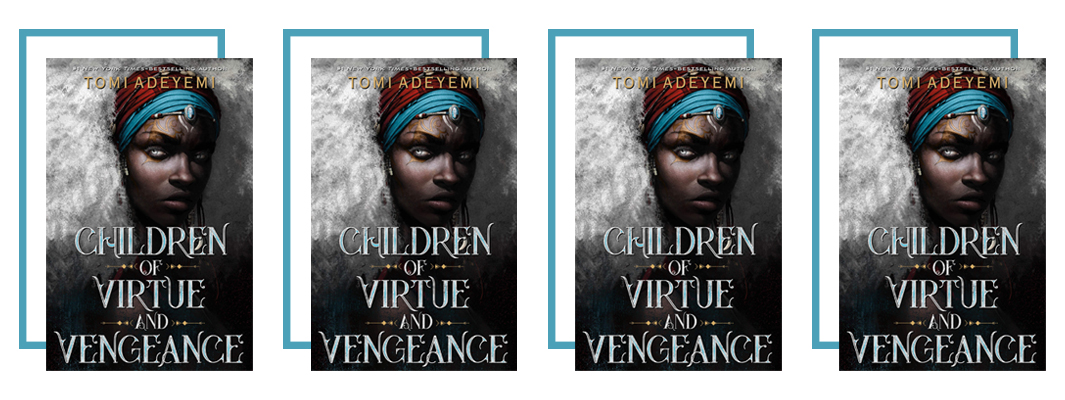
This is the highly anticipated follow-up to Tomi Adeyemi’s Children of Blood and Bone (a sort of Black Panther meets Game of Thrones meets Harry Potter fantasy series, but it’s totally its own thing). TBH I could not get an advanced review copy of this, so this is going to be brief because I have yet to read it, but I just know it’s gonna be good.
Read if you’re into: young adult, fantasy, books with really amazing world building. Get it here.
18. The Truants by Kate Weinberg (January)
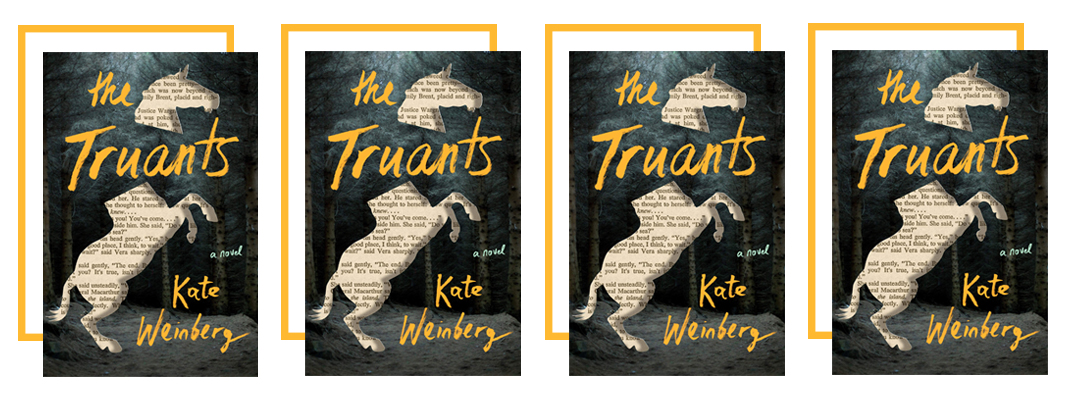
This is British Jewish author Kate Weinberg’s debut novel, and it’s a thriller set at a British college. Sign us up!!! The Truants is the story of a group of friends who end up intwined with an Agatha Christie scholar at their college. Our protagonist is Jess, a student who enrolls at a university only because of a professor named Lorna Clay (the aforementioned Agatha Christie scholar). Jess soon falls in with Georgie, a wealthy student, and Georgie’s boyfriend, a mysterious postgrad named Alec. There’s a murder, and love triangles, and Lorna is fascinating. It’s really not worth telling you any more!! Kirkus gave The Truants a starred review, writing, “Weinberg has written one of the best thriller debuts in recent years, with all the cleverness of Ruth Ware (and, yes, even Christie herself) and a dash of Donna Tartt’s edgy darkness.”
Also, Weinberg’s bio is just delightful: “Kate Weinberg lives in London with her husband, her two children, a guinea pig, and a tortoise named Agatha.” Odds her tortoise is named after Agatha Christie?!
Read if you’re into: mystery! thrillers! Agatha Christie! Get it here.
19. Show Them a Good Time by Nicole Flattery (January)
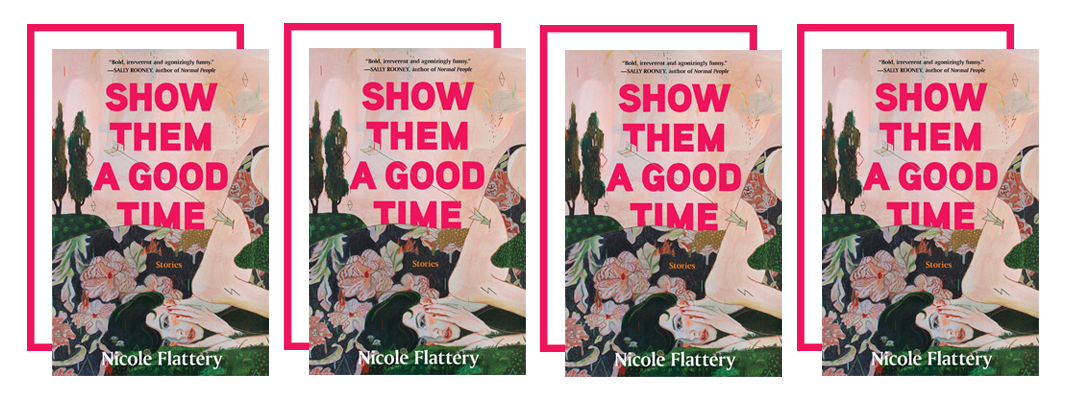
Nicole Flattery has been called a “bright new voice in Irish literature,” and while I’m not totally sure what a bright new voice is supposed to mean, her debut short story collection is amazing, and she will for sure make a mark on the Irish canon. Show Them a Good Time tells the stories of women, most of whom are from small towns in Ireland who venture to big cities; Flattery said, “I write about young women searching for meaning they might never find.” She also explained she has an interest in “unproductive time,” writing, “It was only when I read my own book from front to back, a particularly painful task, did I notice this. My characters inhabit coffee-shops, they take long, pointless walks, they conduct themselves without aim or ambition.”
Most reviews have called this out, but of the eight stories, “Abortion, a Love Story” is a true stand-out. Fellow Irish writer Sally Rooney (you may have heard of her, lol), said Show Them a Good Time “is a masterclass in the short story – bold, irreverent and agonizingly funny.”
Read if you’re into: short stories!! Humor! “Otherworldly menace,” as Goodreads describes it, which I love. Get it here.
20. Topics of Conversation by Miranda Popkey (January)
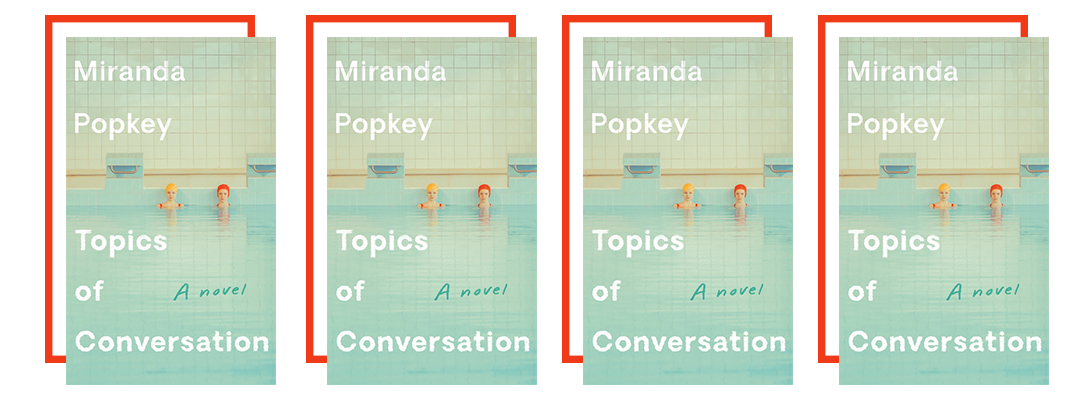
Almost the entirety of Miranda Popkey’s Topics of Conversation is conversations between women. The unnamed narrator reflects on female identity in a series of conversations. And even though that sentence sounds boring, I promise you, Topics of Conversation is not. The women in Topics of Conversation talk about sexual assault, art, affairs, feminism, motherhood, marriage, etc. The novel covers nearly 20 years of our narrator’s life — from being a 21-year-old nanny in Italy to a grad student in English to living with her husband in Marin County to raising her son. While there’s no traditional story — beginning, middle, end — lives are not neat, traditional narratives.
Read if you’re into: thinking about being a woman! I joke, but not really — Topics of Conversation is largely a meditation on being a woman. Get it here.
21. Verge by Lidia Yuknavitch (February)
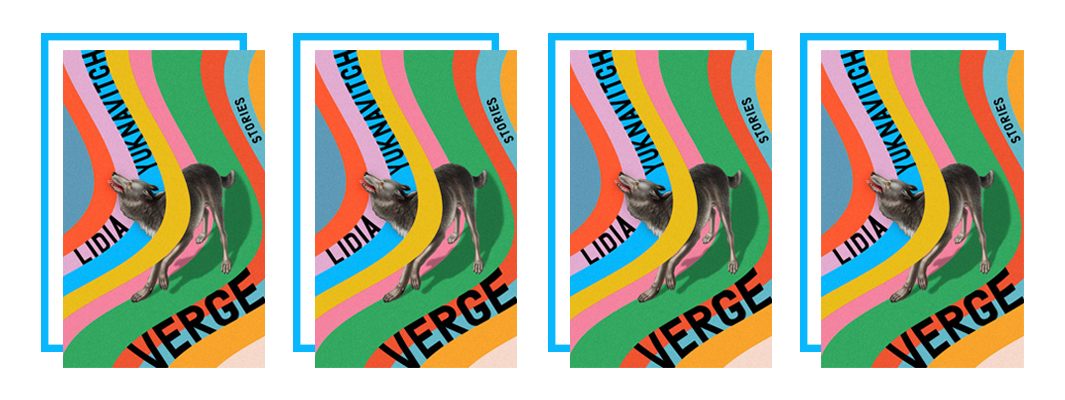
Lidia Yuknavitch’s writing is visceral, sharp, and full of emotional depth, and her new collection of short stories is no exception. Author of The Misfit’s Manifesto (and an excellent TED talk on the same subject), Yuknavitch brings her singular voice and vision to stories of intimate moments between characters often found in the margins of society. From the story of a young swimmer from a war-torn country to a sex trafficking ring in Portland, the reading experience can definitely be intense at times, but made all the more enjoyable by Yuknavitch’s beautiful prose. Don’t miss out on what Kirkus calls “howls from the throats of women, queer characters, the impoverished, and the addicted,” which “remind us of the beauty and pain of our shared humanity.”
Read if you’re into: short stories, queer and female-centered narratives, pretty words. Get it here.
22. Cleanness by Garth Greenwell (January)
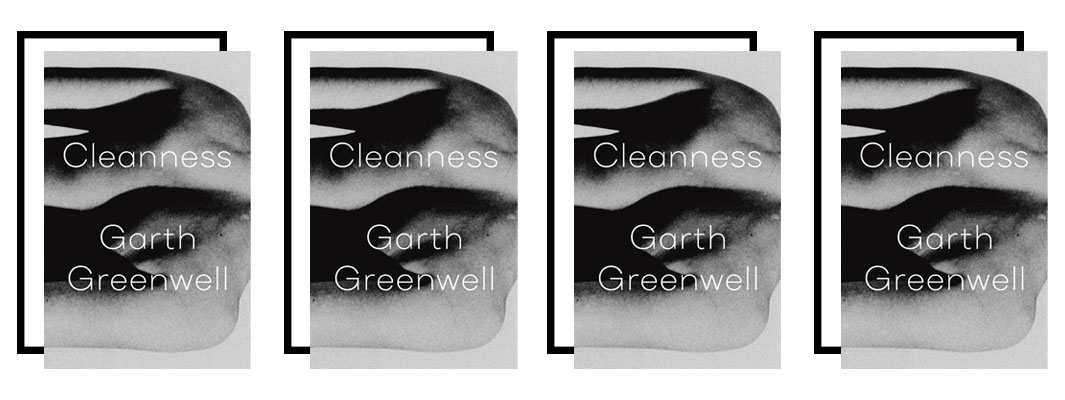
Set in Sofia, Bulgaria, Cleanness follows “the emotionally haunted life of” an American teacher. The book is a series of stories about different lovers and relationships, centering on the start and end of a relationship with a Portuguese student (whom he refers to as “R.”). (You can read an excerpt, “The Frog King,” in The New Yorker.) As Kirkus points out, “Sadomasochism, unprotected sex, the narrator’s voyeuristic attraction to one of his students: They are all elements of the story, portrayed in Greenwell’s precise, elegant style.” While the subject matter gets graphic and violent and purposefully uncomfortable at times, Greenwell’s writing is riveting.
Read if you’re into: reflections on sex, relationships, shame. Get it here.
23. Adults and Other Children by Miriam Cohen (January)
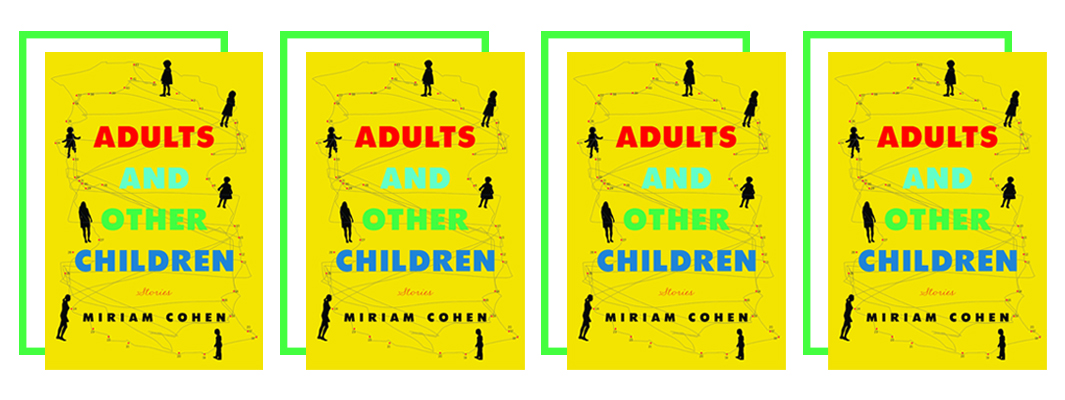
Miriam Cohen’s debut collection of stories brings us a world of children exploring the tricky boundaries and limitations of their own lives, as well as the (often fumbling) adults around them. Cohen, who grew up in an Orthodox family, also brings an authentic look into religious Jewish families without the insidious voyeurism often attached to those stories. In “Bad Words,” a second grader named Yael grapples with her parents’ impending divorce by ordering “the most non-kosher food in the world” at a diner: a cheeseburger. The same characters appear in multiple stories: In “Guns are Safer for Children Than Laundry Detergent,” we see Yael as an adult visiting her half-sister in Dallas (“a Jewish community on the rise!”) for her nephew’s bris — an imaginary baby plot ensues. The stories in Adults and Other Children are often dark, with sharp bits of humor and surprising wisdom.
Read if you’re into: Jewish stories, dark childhood stories, characters with very familiar names. Get it here.
Happy reading!
